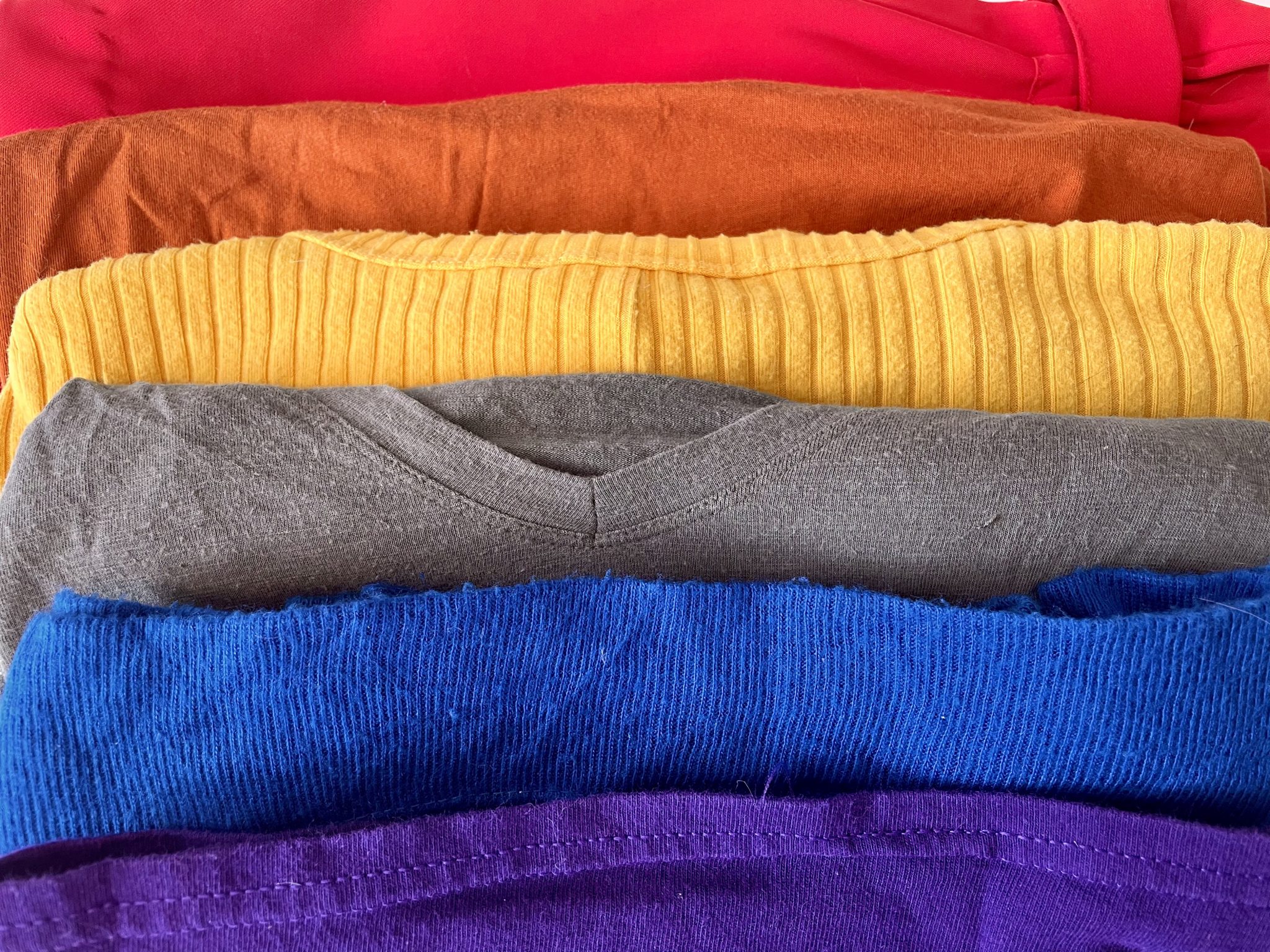Shopping for clothes can be stressful. Between finding your size, sorting through racks, and trying on item after item, it can sometimes feel more like a chore than an enjoyable pastime.
But for members of the transgender community, the experience of shopping for clothing may also be a minefield of microaggressions, misgendering and unwanted stares from other customers.
“It’s pretty anxiety-inducing to go clothes shopping, especially alone, as a trans person because sometimes people will get kind of nosy about people shopping in the ‘wrong’ section,” Lydia, a local film photographer, shared.
She often asks her friends to review the more gendered items like dresses for her.
“Anything could happen, and the best-case scenario is that I go through it and no one says anything. The worst-case scenario is that I’m in danger.”
Maya, the co-founder of Dyke Bar Takeover, a charity organization that creates safe spaces and events for queer, cis and trans women, said that her experiences while shopping for clothes have largely been positive so far. Before she came out as trans, however, a retail associate made assumptions about her choice of glasses because they looked feminine, which was extremely frustrating for her.
Robyn Hobbs, founder and owner of Le Prix, a pre-loved sustainable fashion store in DTK, strives to combat these feelings of unease and to ensure that her store is a safe space for all — particularly for those in the queer community.
Hobbs offers private appointments as a shopping option, lists Le Prix in the Rainbow Pages, SPECTRUM’s directory of resources for the local LGBTQ2+ community, and attends events hosted by the local queer community.
“I am open to any kind of explorative, no matter where they are on the spectrum. If they’re trans, I just want people to find clothes that fit them well and feel good,” Hobbs said.
Hobbs strives to help folks find clothing that makes them feel most like their true selves, and is grateful when her customers feel comfortable enough to disclose confidential information about themselves.
Dani Bazely, the founder of Pride Certified, helps educate local businesses on creating inclusive spaces for the LGBTQ2+ community. Bazely hopes that providing this type of truly inclusive environment for customers will also have the added benefit of attracting employees who are also inclusion-minded. But businesses must be willing to do the work.
“[The KW community is] making decisions to shop at places that share those values, and expressing those values as a business owner is absolutely key right now,” Bazely said.
Maya is glad that fashion retailers are starting to foster more inclusive environments and take steps toward serving the trans community better, but warns that hanging a Pride flag or symbol without doing the rest of the work is only performative allyship.
Maya and Lydia’s tips for creating an inclusive environment include: inclusivity training for employees, refraining from making assumptions about someone’s needs based on their appearance, offering a wider variety of sizes and ensuring that all dressing rooms are gender-neutral.
Maya sums it up best: “Deserve that flag before you do it. It’s super important.”
Lydia and Maya indicated their preference to be addressed by their first names within this article, which TCE has honoured.




Leave a Reply